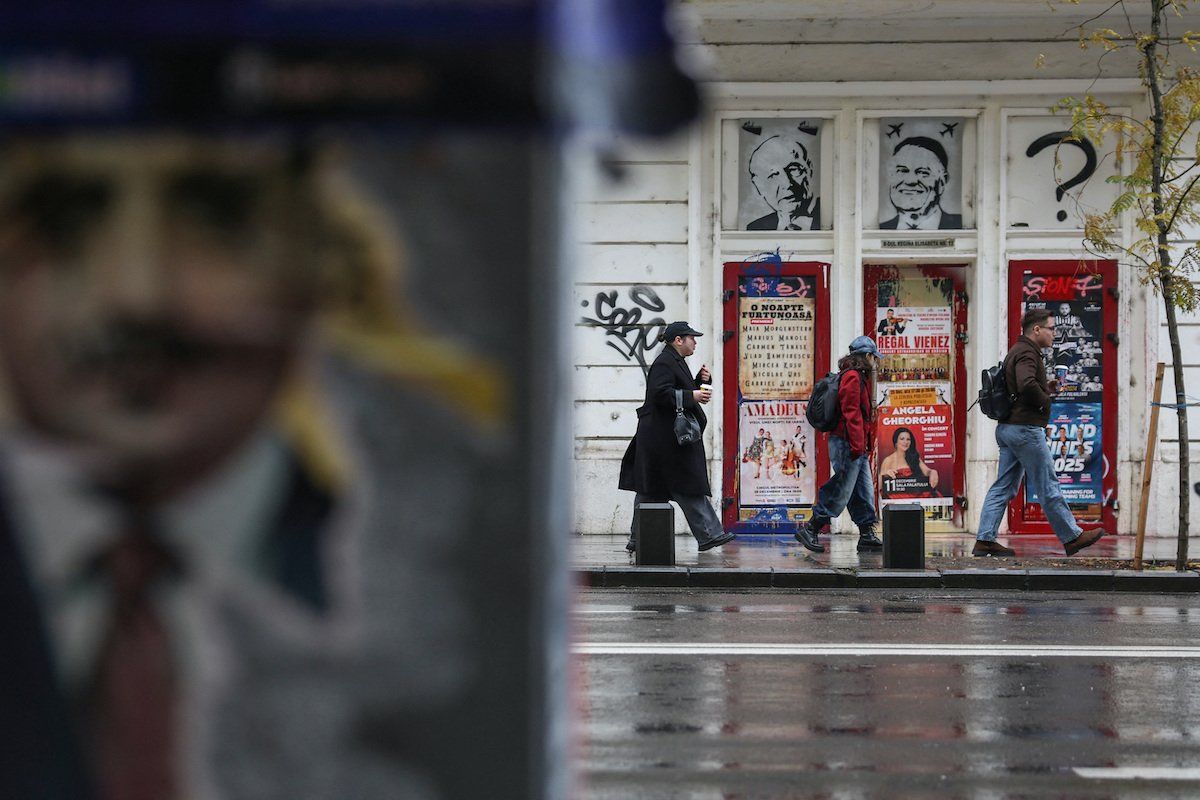Romania’s highest court on Friday scrapped the results of the first round presidential contest, citing evidence that an outside state actor – widely understood to be the Kremlin – had orchestrated a TikTok campaign in favor of the first place finisher, far-right ultranationalist Calin Georgescu.
Georgescu, an eccentric, little-known former soil scientist who pledged to end Romania’s support for Ukraine and questioned the value of Romania’s membership in NATO and the EU, surged in popularity while campaigning almost entirely on social media. He took 23% of the vote in the first round on Nov. 24, besting pro-European centrist Elena Lasconi by four points. The runoff was supposed to take place this Sunday.
The move to cancel the vote came after a few days of uncertainty. The court first ruled the results were legitimate, only to reverse course after declassified Romanian intelligence documents suggested Georgescu was unfairly helped by hundreds of thousands TikTok posts, coordinated from abroad.
The documents also said attackers based in dozens of countries had launched tens of thousands of attempts to hack election infrastructure but did not say whether any had been successful.
TikTok has denied it gave any preferential treatment to Georgescu, and Russia has rejected allegations it had anything to do with the issue. The EU, meanwhile, has ordered the company to freeze and hand over all data pertaining to the Romanian election.
This is a first, and a potentially significant one. While concerns about misinformation and election meddling are widespread these days, no other democracy, to our knowledge, has canceled an election result outright over social media posts or allegations of foreign meddling.
Flagging the risky precedent of the move, Lasconi herself, who lost to Georgescu in the first round, said “Whether we like it or not, from a legal and legitimate point of view, nine million Romanian citizens, both in the country and in the diaspora, have expressed their preference for a certain candidate. We cannot ignore their will!”
What happens next?
Romania, a key NATO partner that shares a border with Ukraine, is now in a moment of significant institutional uncertainty.
This Sunday’s runoff has now been canceled, and the government must start the entire election over again from scratch. Romanian law suggests that could happen as soon as Dec. 22. It is unclear whether Georgescu will be permitted to run at all.
Earlier this year, Romanian courts banned pro-Russian, far-right European Parliament MP Diana Sosoaca from running in the presidential election, saying her criticisms of NATO and the EU were at odds with Romania’s founding documents.
